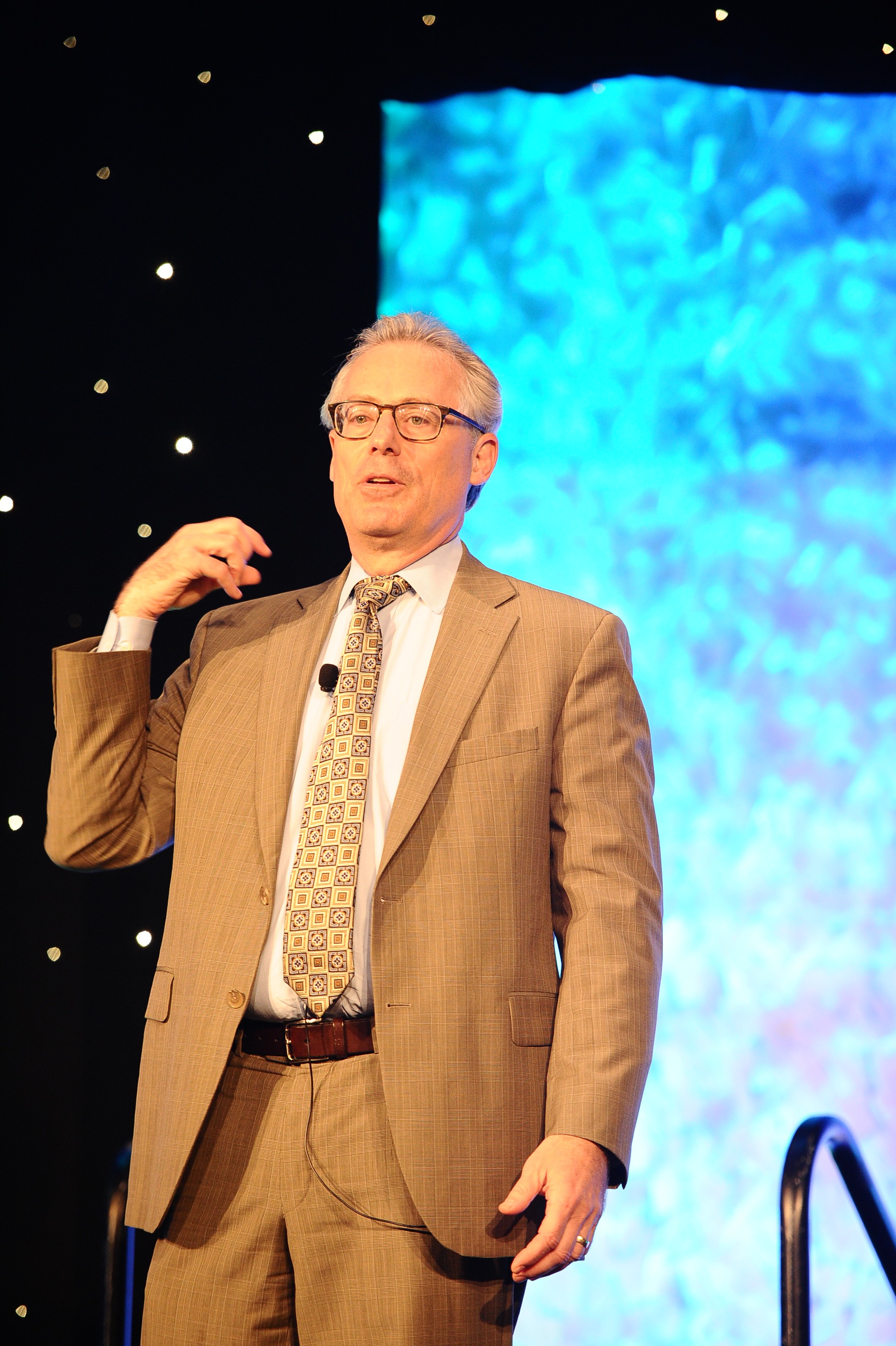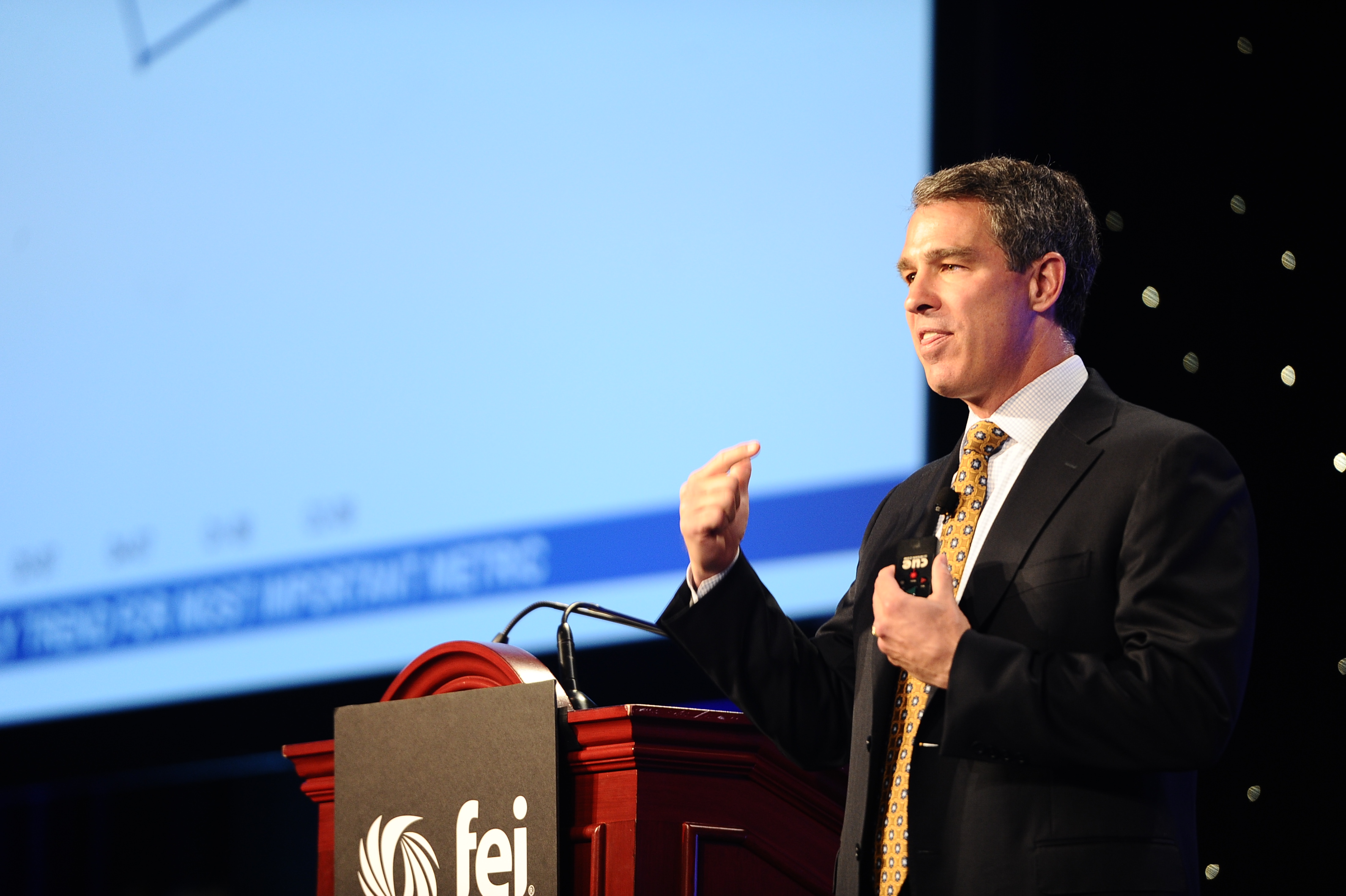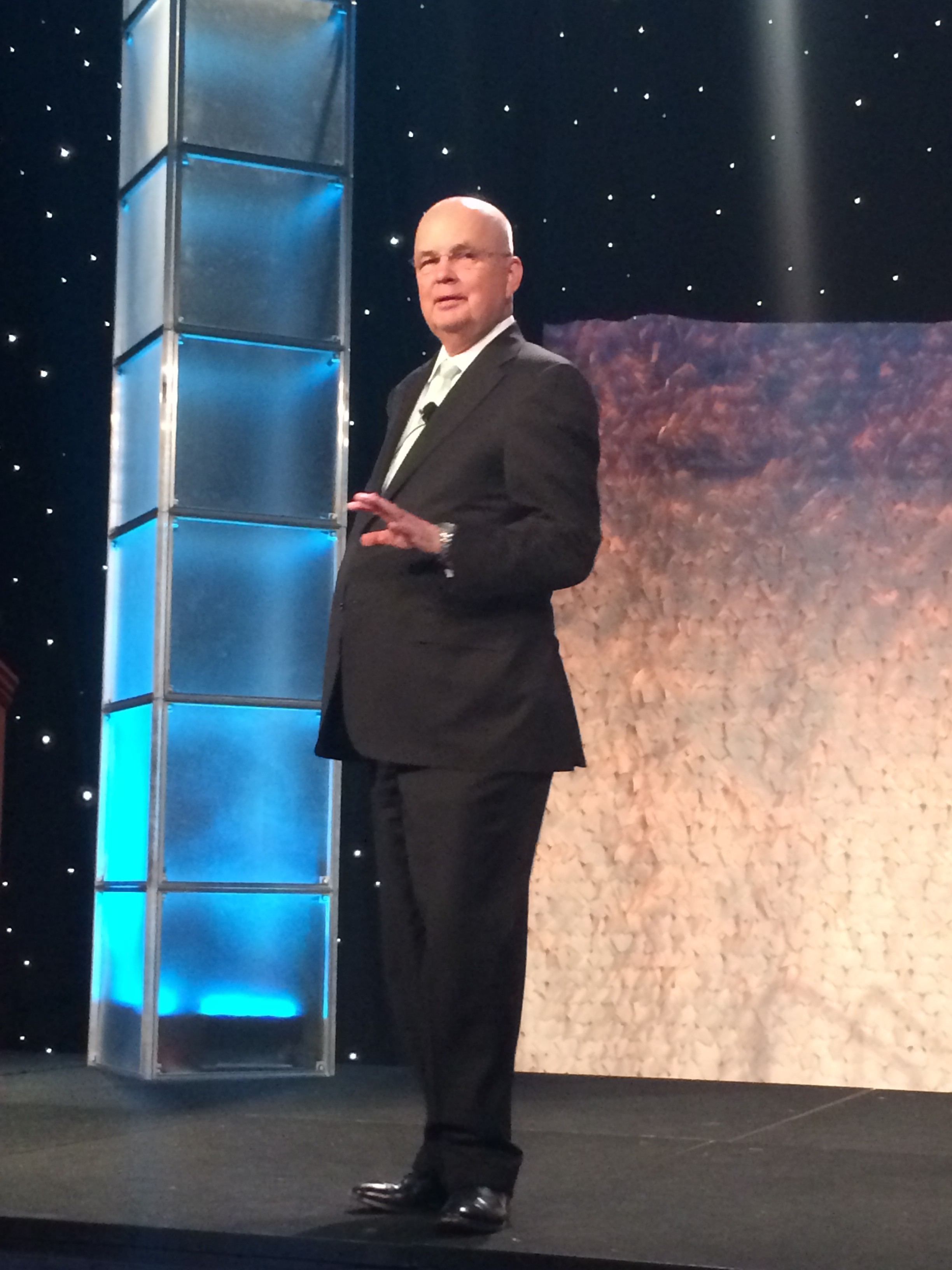
“Robocop’s” Father Talks About the Future of AQM
The U.S. Securities and Exchange Commission’s Accounting Quality Model (AQM) — known auspiciously in the industry as “Robocop” — was not created as a automated fraud detection system but rather as a method of “discovery” for the regulator to follow trends, argues Craig Lewis, Tuesday morning’s keynote speaker at Financial Executive International’s 2014 Summit Leadership Conference.
“Fraud is only one possible use, but the model was developed to determine what is it about a firm that makes it stand out,” said Lewis, the former Chief Economist and Director of the Division of Risk, Strategy, and Financial Innovation at the SEC. “It about discovery, not fraud.”

The AQM was developed by Lewis while at the SEC as a set of computer modeling tools that that automatically reviews filings and financial statements and then flags them for review by an examiner. The model was rolled out in late 2013.
Lewis, who has since left the SEC and returned to academia as the Madison S. Wigginton Professor of Finance at Vanderbilt University’s Owen Graduate School of Management, said that reason for the development of the AQM was to to the onus off people for detecting financial reporting issues and to make the data speak for itself.
“When we were working on this we realized that you don’t want to study accounting fraud cases since no there is internal model for that; it all came from top down,” Lewis explained. “Since this is about data analysis and risk assessments we needed to build the model to focus on anomalies is the data from the bottom up.”
In the case of detecting accounting issues, Lewis said that meant looking at discretionary accruals on firms’ books that were meant to “smooth” out earnings. He added that the AQM currently gets most of that information by pulling it out of XBRL filings, but prior to leaving the SEC he explained that the regulator was working on an “extension” of the model that would search the syntax of filings and flag the “vocabulary” of fraud.
“As you are running this model you will get many, many false positives,” Lewis said. “You are trying to find a needle in a haystack.”
The Best Firms Focus on the CEO/CFO Relationship
Saying finance has been at heart of success of any company he has been involved in, Scott Wine, Chairman and CEO of Polaris Industries, Inc., described the contributions his company’s finance organization makes to its strategic and marketplace success.
Wine said successful organizations depend on the day-to-day interaction of the CEO, CFO and human resources head to develop, explain and execute the organization’s strategy.
“Ultimately, it goes back to your say/do ratio,” Wine said. “It’s amazing how people watch what you say or do. If your actions are inconsistent or incongruent with your strategy, they start to notice that.”

Wine says the key role of the finance organization is to collaborate with the company’s leadership to refine its strategy and provide information leaders need to make and support their decisions.
“If corporate is the only part of the company that has good information, it can’t go as fast as you want it to go,” Wine said. “Ultimately, we have to be managers, but it’s the leadership aspect that makes the difference in the long term.”
He said the CFO-CEO relationship is critical to the success of a growing company. “It’s important for the CFO to be able to play offense,” Wine said. “I need my CFO to be a partner to make me better every day, and to provide the information and feedback I need.”
Recounting his career trajectory, Wine said his challenge at Polaris was heightened by joining the company in September of 2008 – right before onset of the global financial crisis. With the company’s sales and share price falling, he outlined four key considerations to guide the company’s immediate strategy and future.
Wine stressed the need to protect customer satisfaction, maintain credibility with stakeholders, protect Polaris’ culture, and to position the company for long-term success. As he began meeting with key employees, Wine asked five key questions to help him learn about Polaris and his challenges: What about Polaris would the employee like him to change? To protect? Were they worried about actions he might take? What did they want him to do? What else did they want to talk about?
These discussions, Wine said, gave him important insights about the company and helped him build momentum as he settled into his new role.
Cybersecurity is the Final Battle Domain
The future of internet security will require the private market to step up and fill the void of as governments continue to debate the limits of online privacy, said General Michael Hayden, the final keynote speaker at the 2014 Summit and the former Director if the Central Intelligence Agency (CIA) and the National Security Agency (NSA).
“There is no inherent defense of the internet,” Hayden explained, adding that in terms of military planning the internet really is a new field of engagement. “Now it’s land, sea, air, space… and cyber.”

As a result of the recent political debates regarding the future of privacy and the internet, private companies will need to find ways to defend and mitigate cybersecurity issues.
“Because of our political culture, you and I are going to live on of the worst defended areas of the internet,” Hayden added. “The private market will need to get some situational awareness of what it needs to defend and what threats they face.”